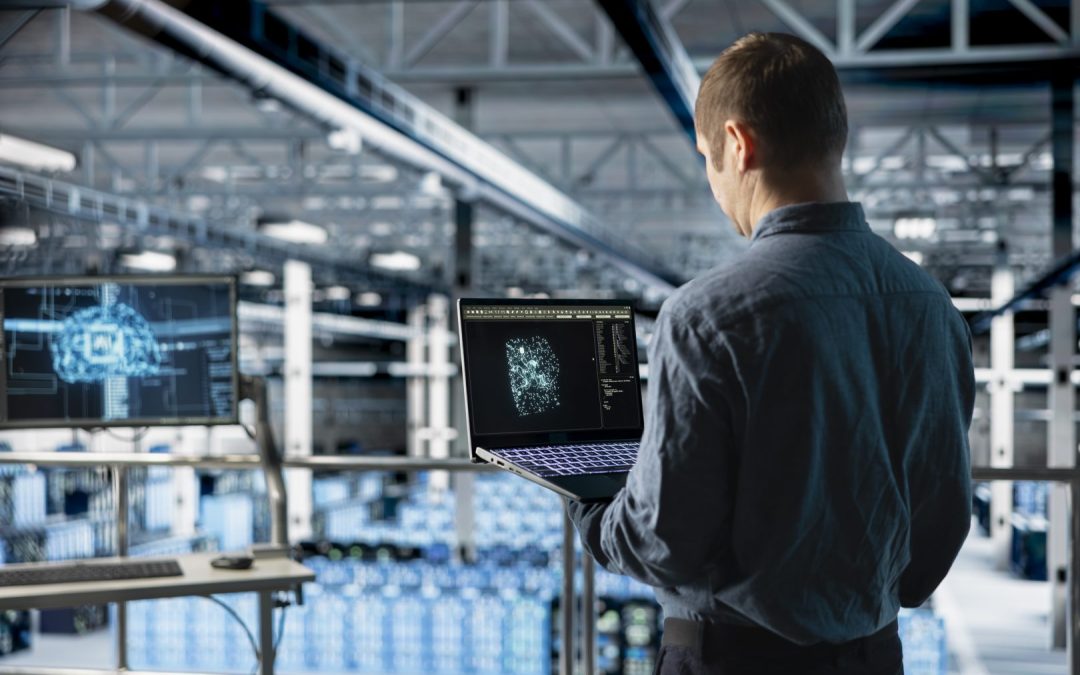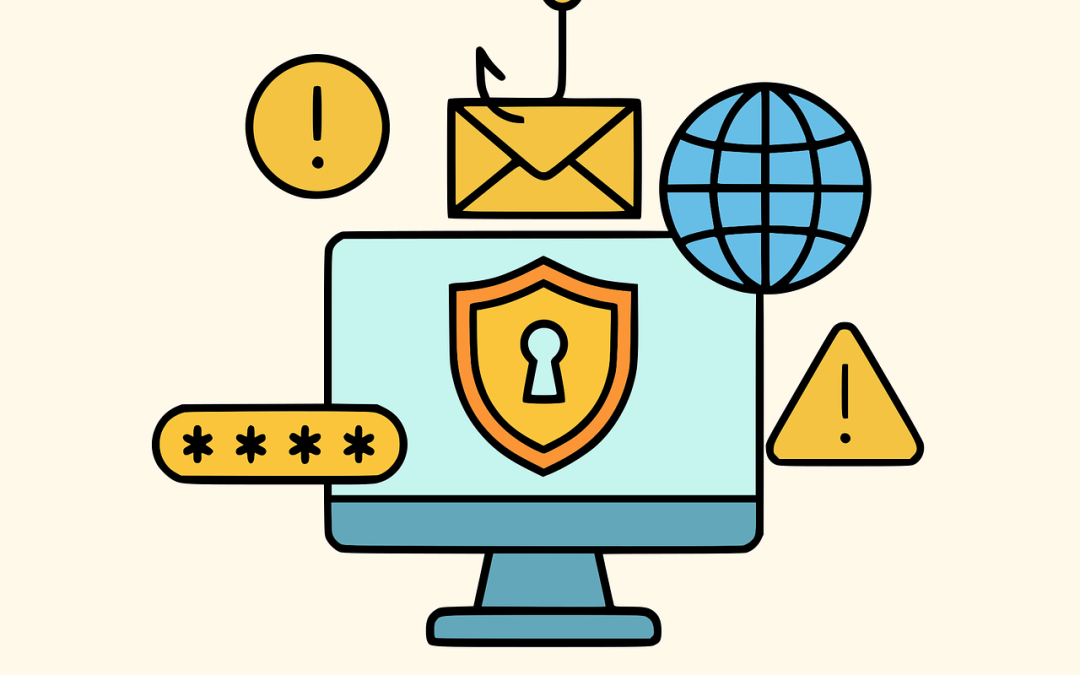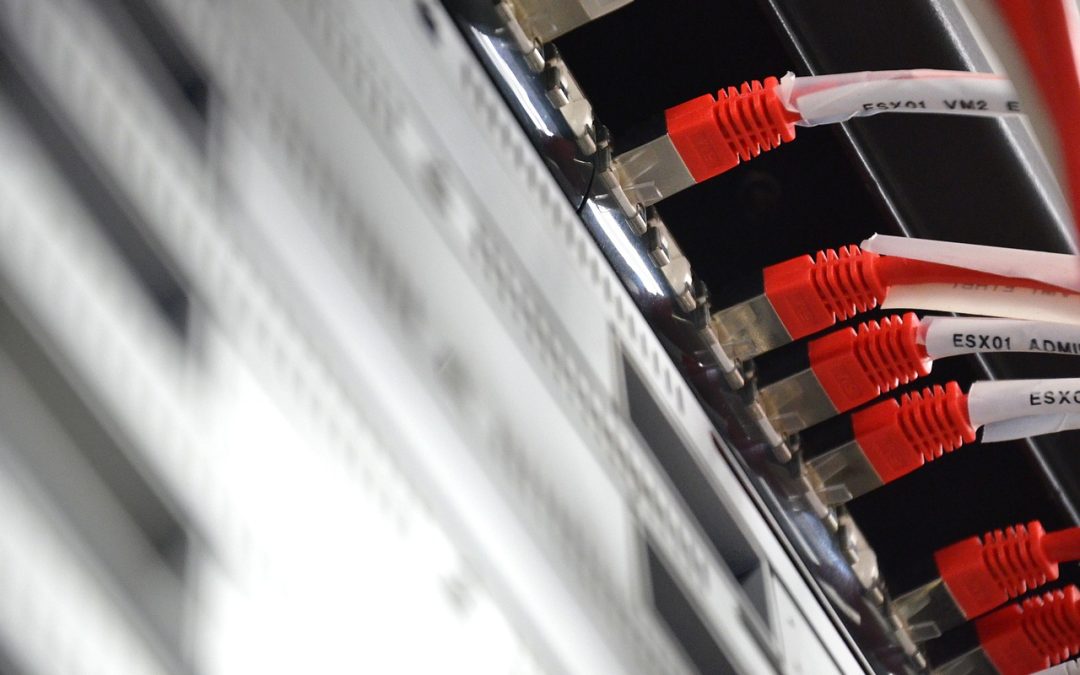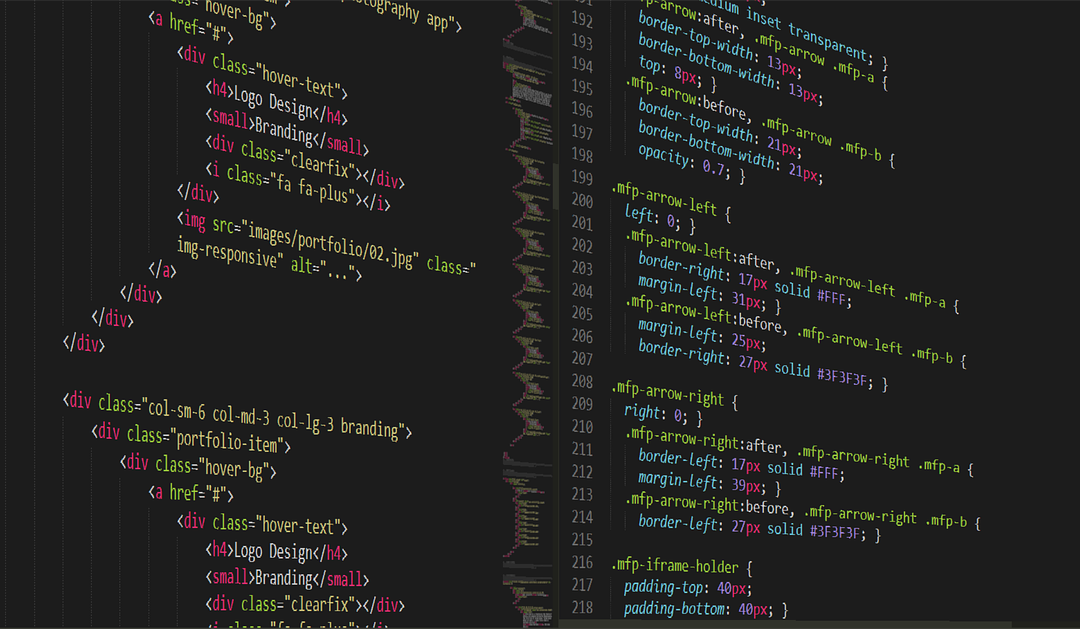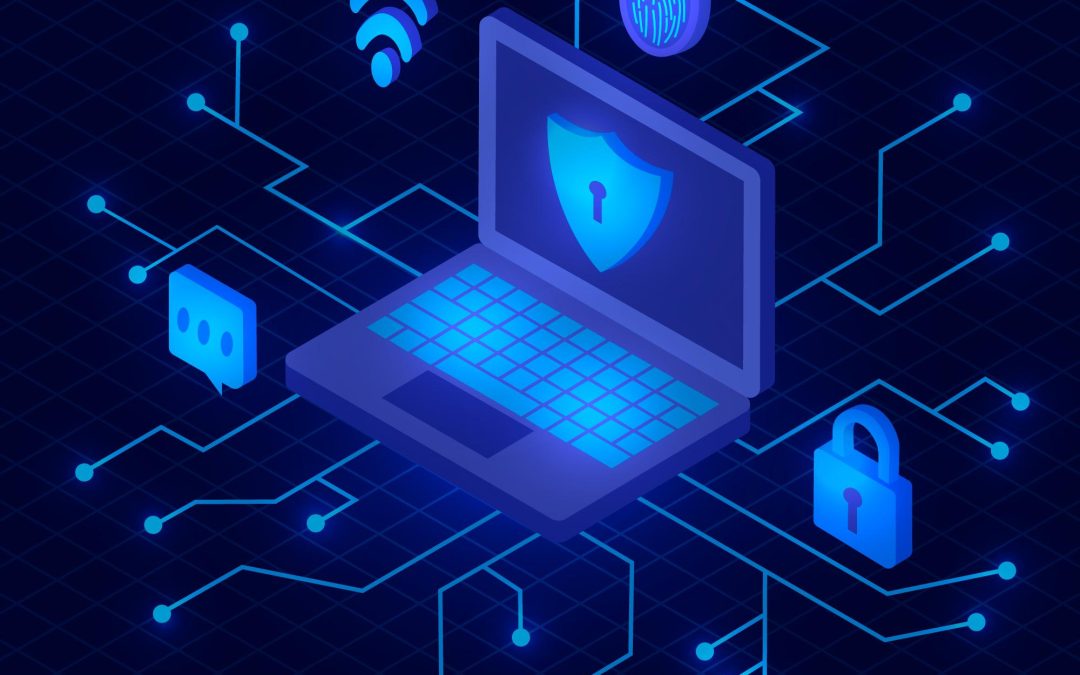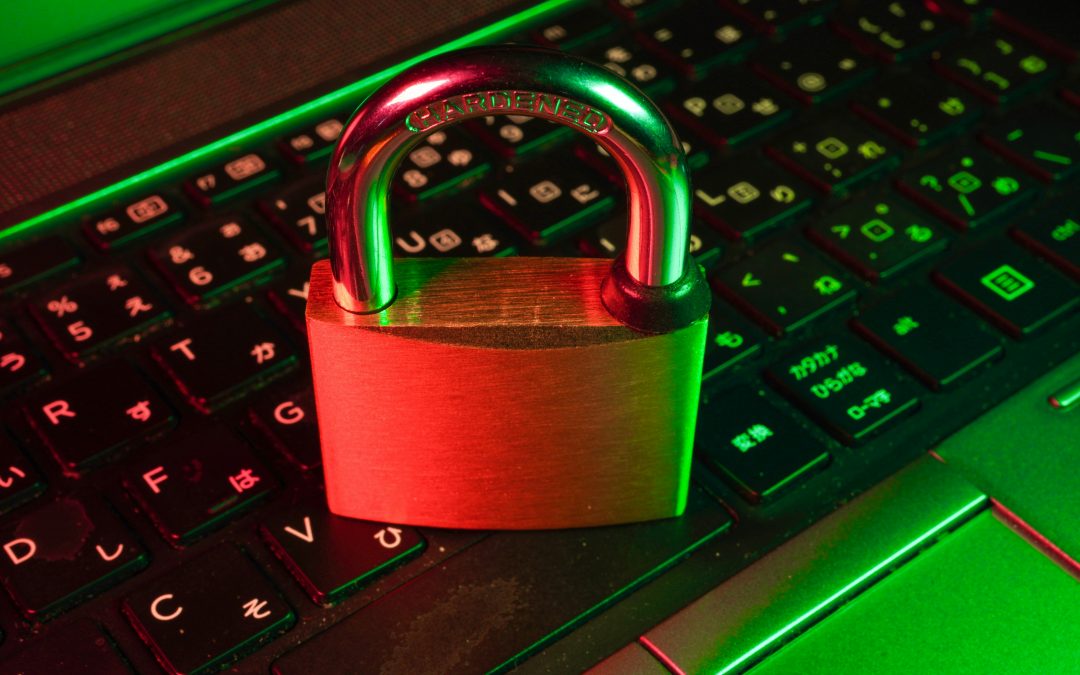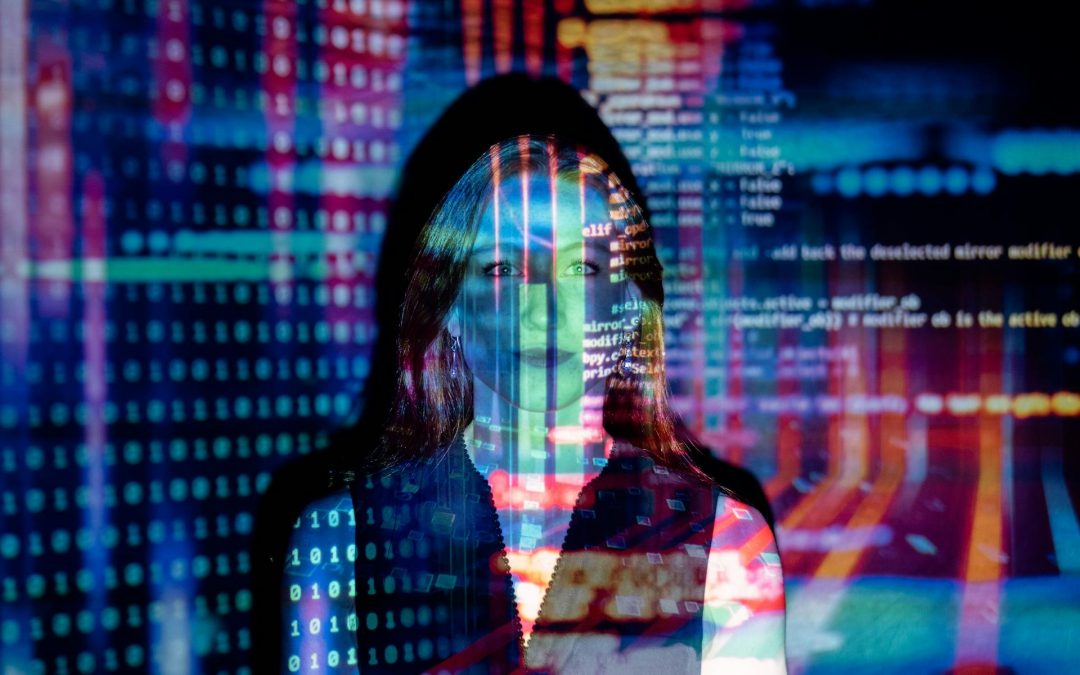Les cyberattaques sont de plus en plus fréquentes et elles coûtent cher aux entreprises. Selon une étude réalisée par le cabinet de conseil Asterès, basée sur l’examen de 385 000 cyberattaques survenues en France en 2022, le montant moyen pour les entreprises et organisations touchées atteint 59 000 euros. Face à ce phénomène, il est impératif d’adopter des mesures préventives pour protéger les réseaux et les données critiques. L’une de ces mesures préventives est l’utilisation de bornes de décontamination USB appelées également stations blanches. Quel est le rôle de ces dispositifs ? A quoi sert une borne de décontamination USB ? TYREX fait le point.
Source : La Tribune
La borne de décontamination USB : limiter les intrusions dans vos systèmes informatiques
Les bornes de décontamination USB analysent le contenu de tout type de supports amovibles. En cas de détection de fichiers malveillants, ces équipements peuvent procéder à la mise en quarantaine des fichiers infectés.
Elles permettent ainsi aux entreprises de protéger leur parc informatique d’éventuelles intrusions. Les bornes de décontamination disposent de systèmes de mise à jour automatique pour leurs bases de données antivirales, assurant une protection continue contre les nouvelles menaces. Ainsi, les technologies développées par TYREX vont analyser et détecter les menaces connues mais également les menaces émergentes. Ainsi, face aux nouveaux malwares ou virus, l’organisation reste protégée.
| Le saviez-vous ? 37% des cybermenaces ont été spécialement développées pour se propager via des supports de stockage amovibles. L’enjeu est donc de taille pour les entreprises. |
Empêcher l’accès aux réseaux de clés non analysées
Lorsqu’elle est paramétrée en lien avec un agent de protection, la borne peut empêcher l’accès aux ports USB n’ayant pas fait l’objet d’une analyse. De ce fait, elle impose aux visiteurs sur site ainsi qu’aux salariés de prendre des mesures de cybersécurité.
En exigeant une vérification systématique des clés USB et autres dispositifs similaires avant leur utilisation sur les équipements de l’entreprise, elle minimise le risque d’infections par des logiciels malveillants qui pourraient compromettre non seulement les données sensibles de l’organisation mais également l’intégrité de son infrastructure informatique.
Au-delà de la simple prévention contre les malwares, cette approche contribue à instaurer une culture de la sécurité informatique parmi tous les acteurs de l’organisation qui peut être mise en avant dans les documents commerciaux ou les réponses à des appels d’offres.
Un outil pédagogique
Conçues pour être faciles à utiliser, les stations blanches USB permettent aux utilisateurs de vérifier la sécurité de leurs dispositifs amovibles sans connaissances techniques approfondies.
Bien souvent, elles peuvent diffuser des messages de sensibilisation aux risques cybers permettant de former les utilisateurs aux enjeux de sécurité informatique. L’entreprise peut choisir les messages qu’elle souhaite mettre en avant en fonction des risques auxquels elle fait face.
En résumé :
|
Découvrez nos solutions de décontamination contre les risques cyber liés aux supports USB !



